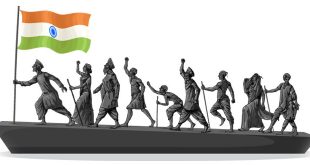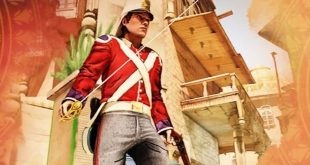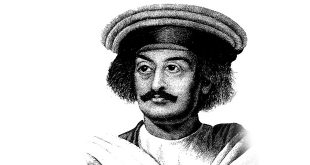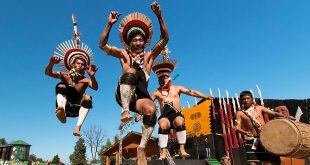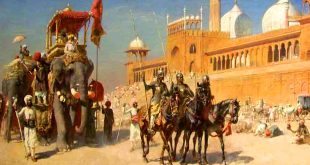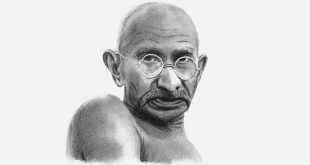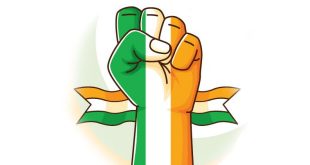Question: What factors resulted in growing opposition to British rule? Answer: All these factors resulted in growing opposition to British rule: All the section of society suffered under British rule. The peasant had to pay high taxes. The artisan was ruined by foreign competition. The factory worker received very low …
Read More »Search Results for: British
NCERT 8th Class (CBSE) Social Science: Colonialism And Urban Change
Question: Name the two industrial cities in Britain. Answer: Leeds and Manchester. Question: Name the cities that were de-urbanised in the 19th century. Answer: Surat, Machlipatnam and Seringapatam. Question: Why were the main streets of Chandni Chowk and Faiz Bazar made broad? Answer: They were made broad for royal processions to pass. …
Read More »NCERT 8th Class (CBSE) Social Science: Reforms In Indian Society
Question: Why are social reformers described so? Answer: Social reformers are described so because they felt that some changes were essential in society and unjust practices needed to be rooted out. Question:How did reformers bring changes in society? Answer: They brought changes in society by persuading people to give up old …
Read More »NCERT 8th Class (CBSE) Social Science: Tribal Communities
Question: Mention different types of activities of the tribal people. Answer: Some practiced Jhum cultivation Some were hunter-gatherers Some herded animals Some took to settled cultivation Question: Why did the British want tribal groups to settle down and become peasant cultivators? Answer: It was because settled peasants were easier to …
Read More »NCERT 8th Class (CBSE) Social Science: The Modern Period
Question: Name the events for which specific dates can be determined. Answer: The year a king was crowned, the year he married, the year he had a child, the year he fought a particular battle, the year he died, etc. Question: What was an important aspect of the histories written …
Read More »NCERT 6th Class (CBSE) Social Science: Understanding Diversity
Question: Give an example of diversity in India. Answer: The people of India, living in different parts, speak different languages. Question: Give an example of unity in diversity among Indians. Answer: All Indians share the same national pride of having India as their motherland. Question: Why did Samir Do, the paper …
Read More »Gandhi Jayanti Speech For Students And Children
Gandhi Jayanti Speech We have provided below variety of speech on Gandhi Jayanti for the students under various words limit according to their class standard. All the Gandhi Jayanti speech are written using very easy words and small sentences for the students. Dear students, you can select any of the …
Read More »Asyndeton Examples: Asyndeton for Students and Children
This is not just another figure of speech. The power, force, intensity and vehemence this device infuses into any writer’s, or speaker’s, work can be commendable. The rapid effect while keeping the audience hooked on to the edge is what an asyndeton statement does. Evolved from the Greek word asyndetos; …
Read More »NCERT 7th Class (CBSE) Social Science: Political Changes in 18th Century
Question: Who was Nadir Shah? What was the result of his attack on Delhi? or Describe the impact of Nadir Shah’s invasion upon Delhi. Answer: Nadir Shah, the ruler of Iran, sacked and plundered the city of Delhi in 1739 CE and took away immense amounts of wealth. As a …
Read More »NCERT 7th Class (CBSE) Social Science: Media and Democracy
Question: Name any four forms of media. Answer: Newspapers, television, magazines and Internet. Question: Give examples for the means of communication in the ancient world. Answer: The means of communication in the ancient world were: People used drums to communicate over long distances, or runners carried the information. Later, there …
Read More » Class Notes NCERT Solutions for CBSE Students
Class Notes NCERT Solutions for CBSE Students
